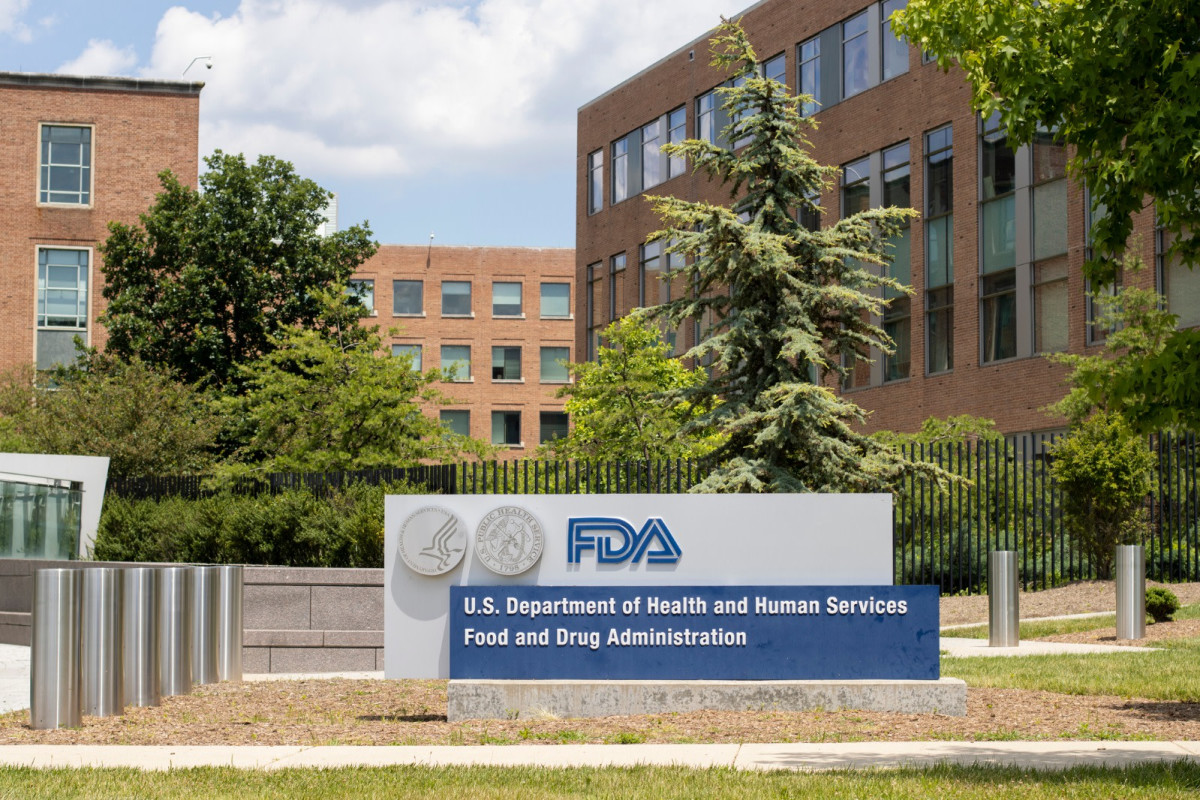The US Food and Drug Administration has approved the drug kisunla, previously known as donanemab, for the treatment of Alzheimer’s disease. This drug contains an antibody designed to slow the progression of the disease by removing amyloid protein plaque from the brain. Clinical trials have shown that kisunla can help patients live independently for longer periods and continue with daily activities.
Lilly, the manufacturing company, reported that patients taking kisunla had a 35% lower risk of disease progression compared to those taking a placebo. While there were some serious side effects during trials, such as a slightly higher mortality rate and instances of brain hemorrhages, the FDA advisors deemed the treatment safe and effective. The company added an additional brain MRI test to identify the risk of brain bleeding early on.
Alzheimer’s disease is a progressive degenerative disease that affects brain cells, leading to memory loss, impaired thinking, and other cognitive issues. The approval of kisunla provides another treatment option for patients in the early stages of the disease. Prof. David Tana of Rambam Medical Center described this approval as significant for patients in Israel, offering hope for slowing disease progression and potentially stopping it altogether with the removal of pathological brain proteins.
In addition to drug treatments, early diagnosis is crucial for Alzheimer’s disease. New tests such as blood tests and spinal fluid tests can help detect the disease before symptoms appear. The recent advancements in Alzheimer’s treatment offer hope for patients and their families as researchers continue to search for a cure.
The approval of kisunla represents a significant milestone in the fight against Alzheimer’s disease. With this new treatment option available to patients in Israel, there is hope for those affected by this debilitating condition to slow or even stop its progression altogether.
Furthermore, advancements in early diagnosis through new tests provide critical information that may help prevent or delay symptoms from appearing later on in life.
As researchers continue their efforts towards finding a cure for Alzheimer’s Disease, these recent developments offer hope and promise for both patients and their families.
In conclusion, while there is still much work to be done to combat this devastating condition fully understand its root causes so that we can find a way to eradicate it once and for all



:quality(70):focal(1755x1155:1765x1165)/cloudfront-us-east-1.images.arcpublishing.com/shawmedia/CCKDDTCSBRFXHA2ROJ2M3FCRSQ.jpg)